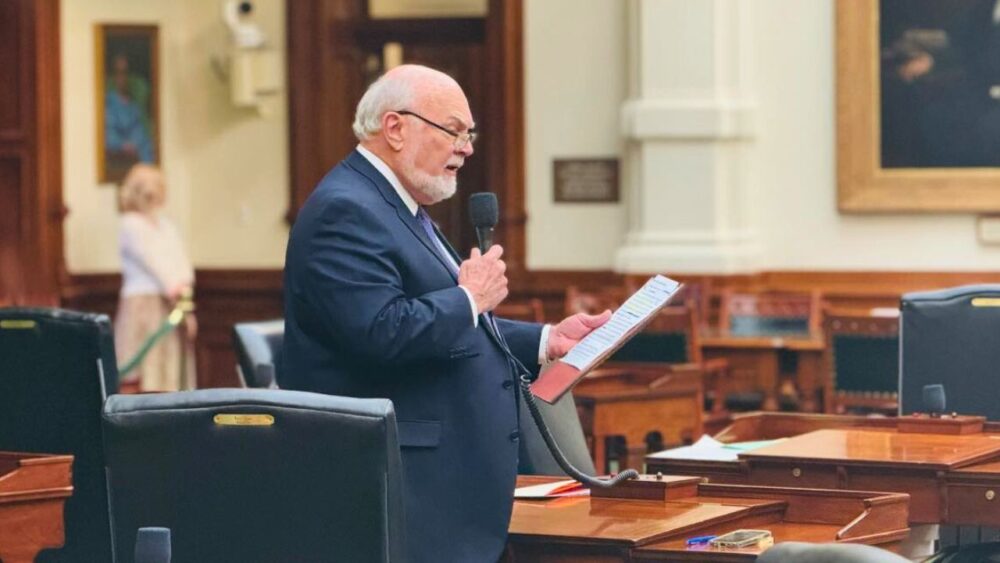Sen. Robert Nichols (R) has represented Texas since 2007.
Yet, his recent record raises a bigger question for many voters: Does Nichols truly represent them?
During a political era when many of the Lone Star State’s politicians push for more grassroots priorities, Nichols continues to find himself on the other side of those efforts, often siding with Democrats.
In 2023, Nichols was one of only a few Republican senators who voted against a big proposal backed by Gov. Greg Abbott and Lt. Gov. Dan Patrick. That proposal to create education savings accounts so parents could use public funds for private or homeschooling passed the Senate but failed in the House. As a result, Nichols’ vote drew some criticism within his party, as previously reported by The Dallas Express.
Nichols explained his opposition by previously expressing some concerns that school choice might negatively impact a select demographic of students, a position at odds with many members of the Republican Party of Texas.
Polling conducted by the Texas Public Policy Foundation and the Defend Texas Liberty PAC throughout 2023 showed that school choice has gained support from more than 75% of the state’s conservative primary voters.
Nichols’ voting record on border enforcement also reflects somewhat of a fence-riding stance.
While Nichols supported some funding for border wall construction and Texas National Guard deployment, he was not directly involved in or supportive of pushing legislation that would authorize Texas officials to detain or deport illegal immigrants without any added layers of federal oversight.
Perhaps most significantly, Nichols received scrutiny for his role in blocking legislation aimed at ending taxpayer-funded lobbying. A report from The Dallas Express showed that Nichols accepted more financial and political backing from groups opposing the 2023 lobbying ban than most other state senators.
The legislation, authored by Sen. Mayes Middleton (R), sought to prohibit local government agencies from using taxpayer funds to hire lobbyists who frequently advocate against conservative reforms in Austin. Despite broad Republican support, Nichols voted against the bill in committee, and it never reached the Senate floor.
In District 3, Nichols ran unopposed in the 2022 general election.
However, if he continues to oppose his party’s grassroots goals, from school choice to government transparency, the representative’s alignment with Democrats may become a serious political liability in the next primary.


